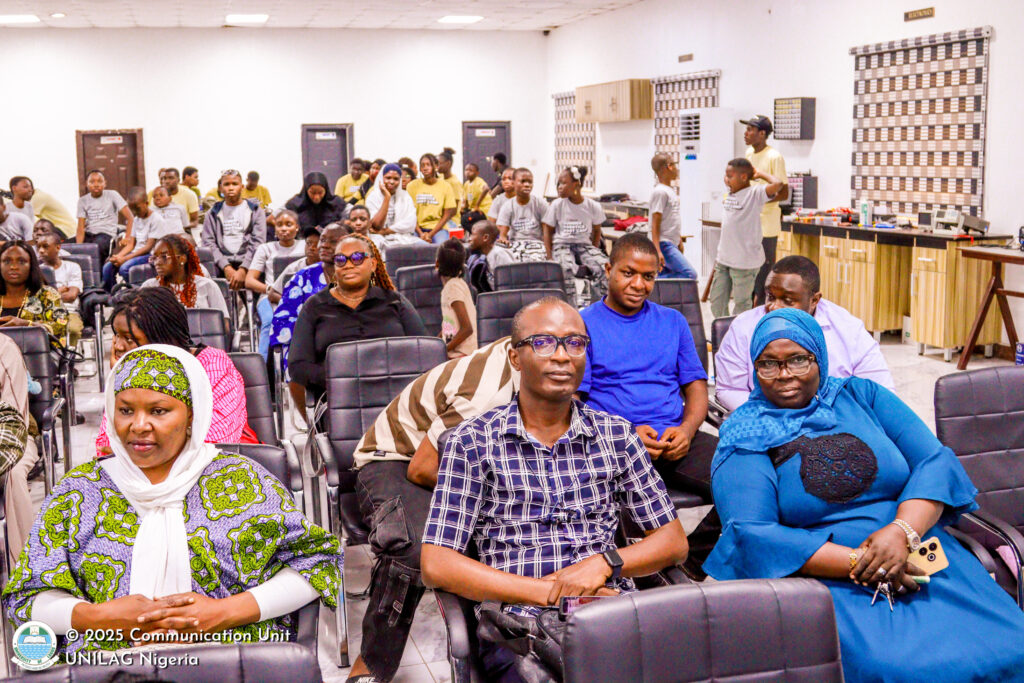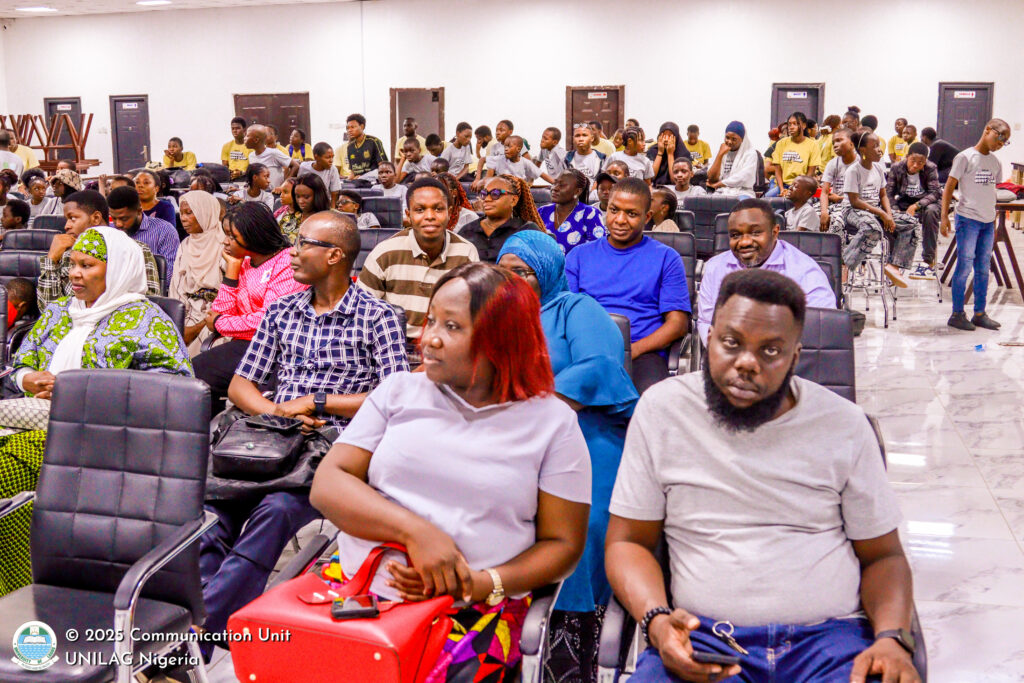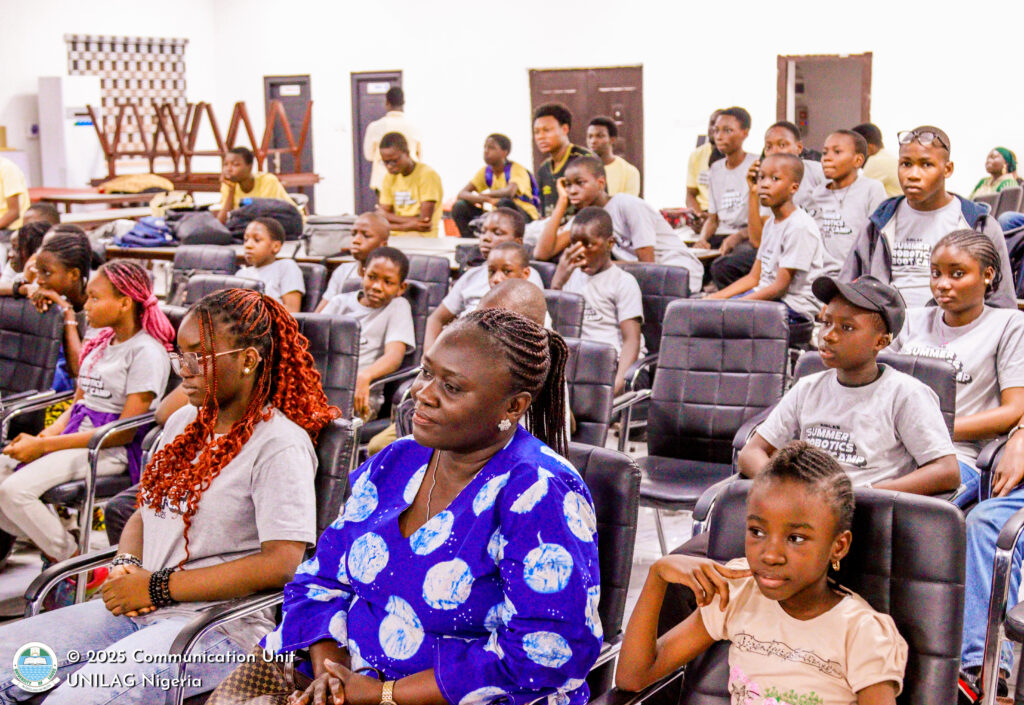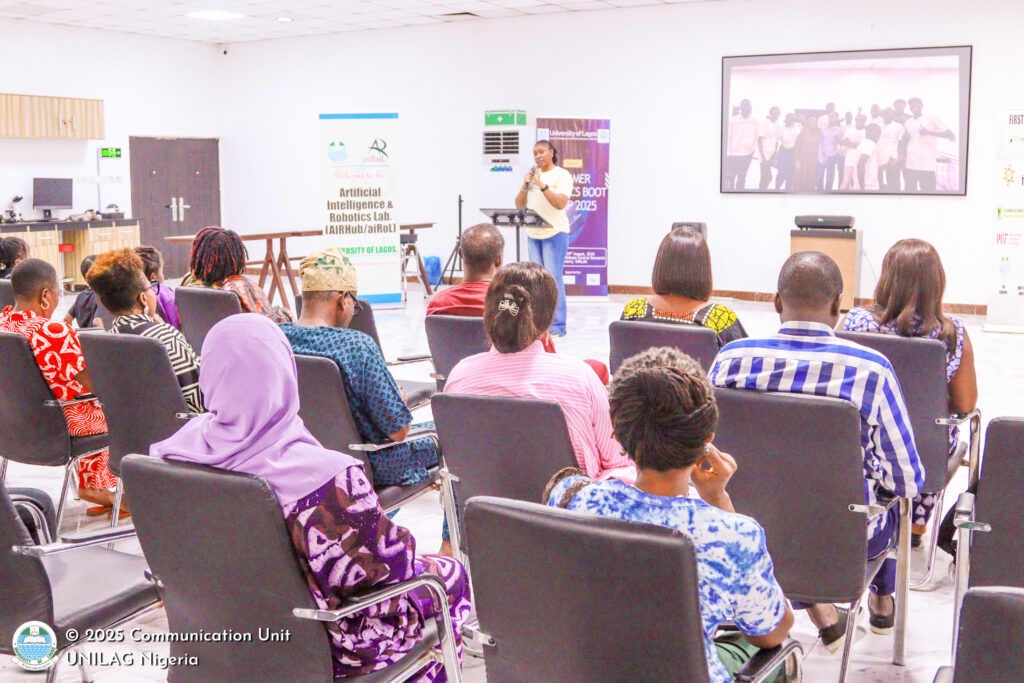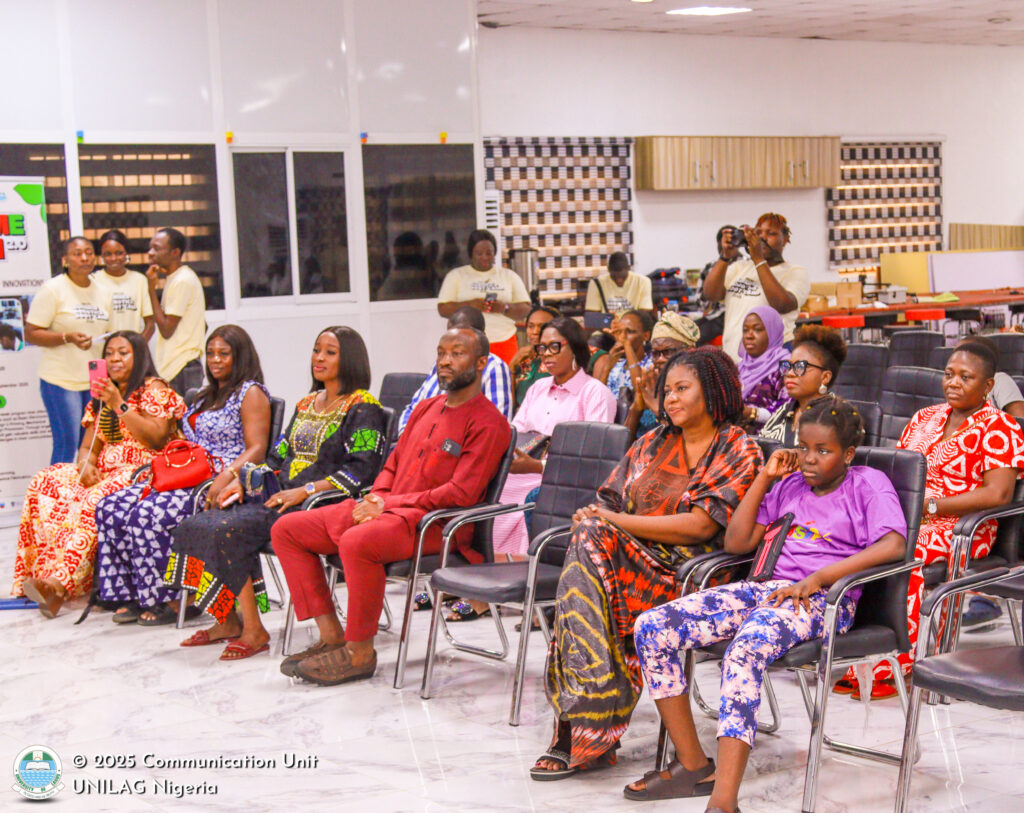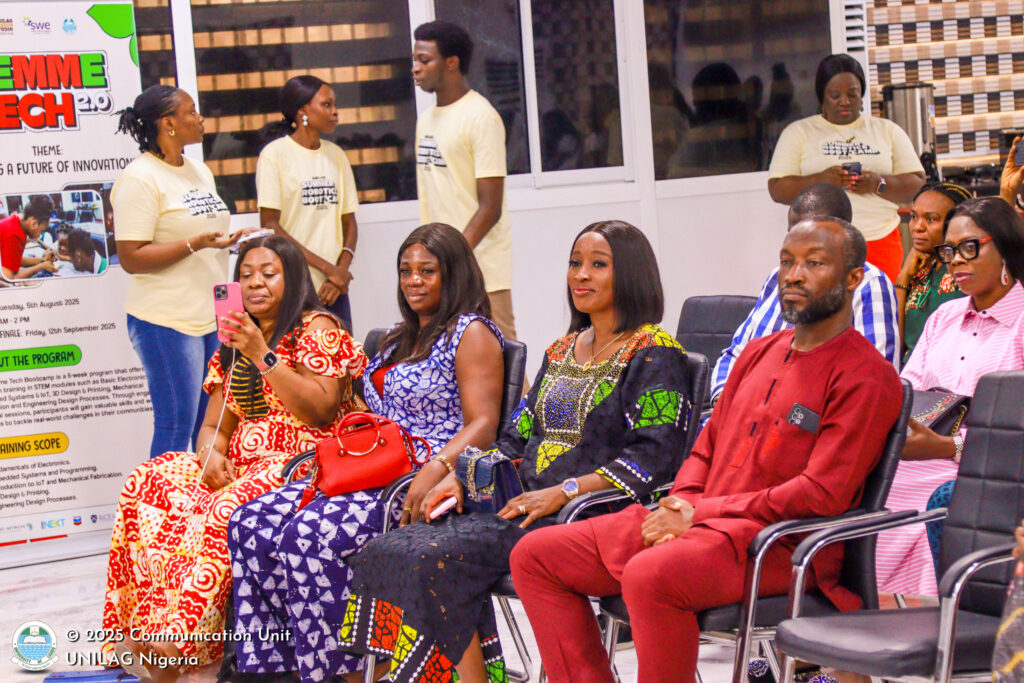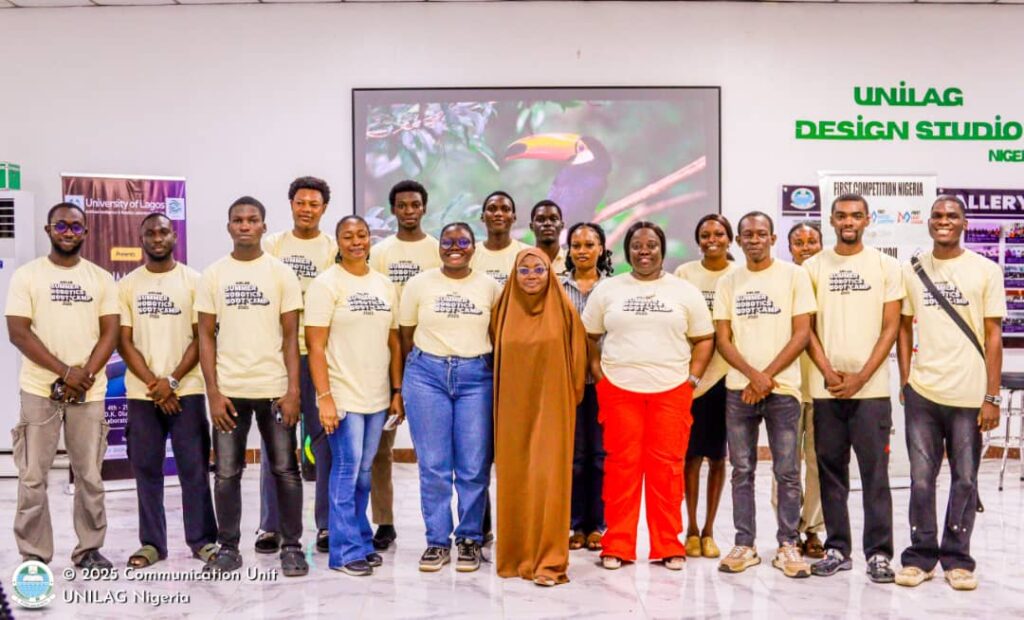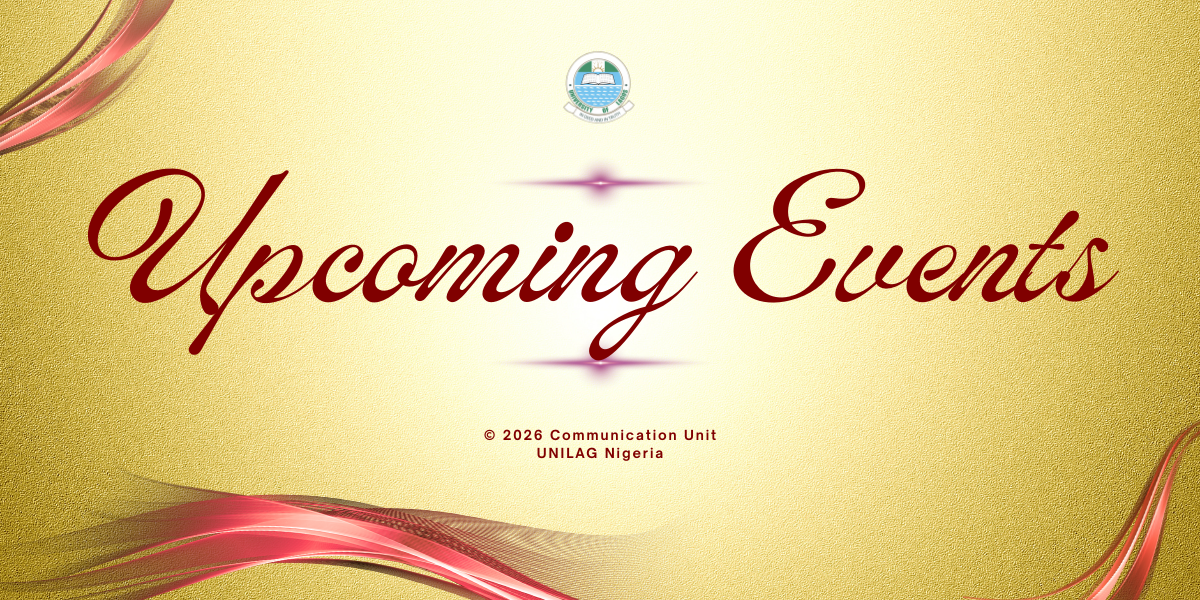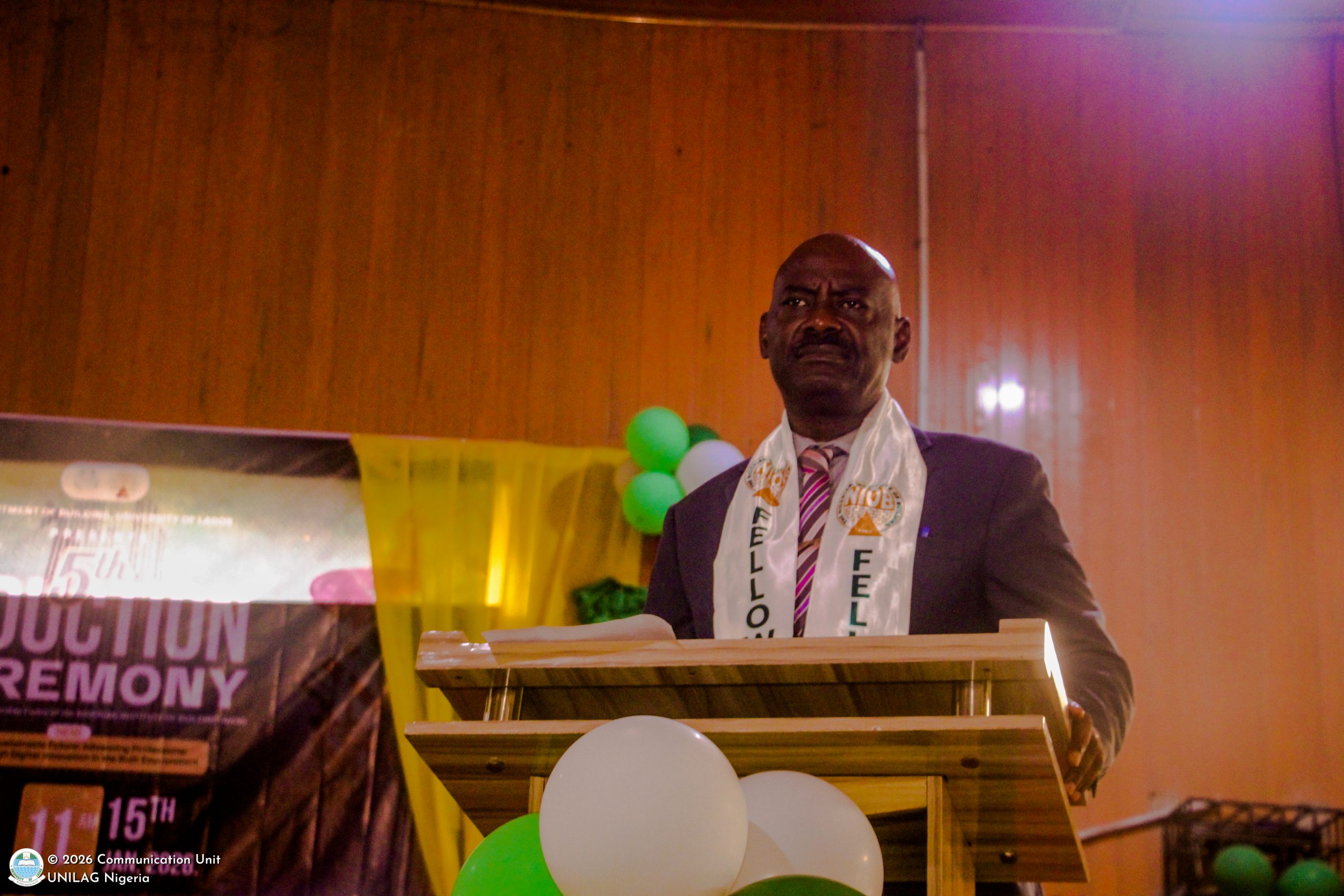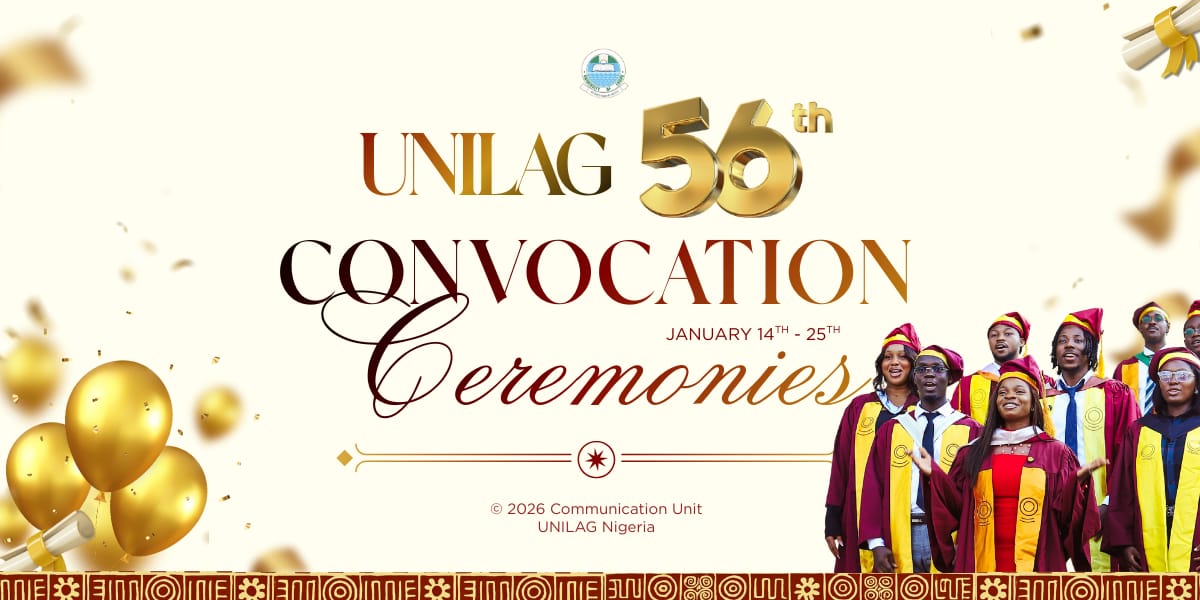The Summer Bootcamp organized by the University of Lagos AI & Robotics Laboratory (AIRLAB) ended on Friday, August 29, 2025, at the Faculty of Social Sciences Design Studio.
Over the course of four (4) intensive weeks, the annual event brought together 79 participants who received hands-on training in robotics and drone technology.
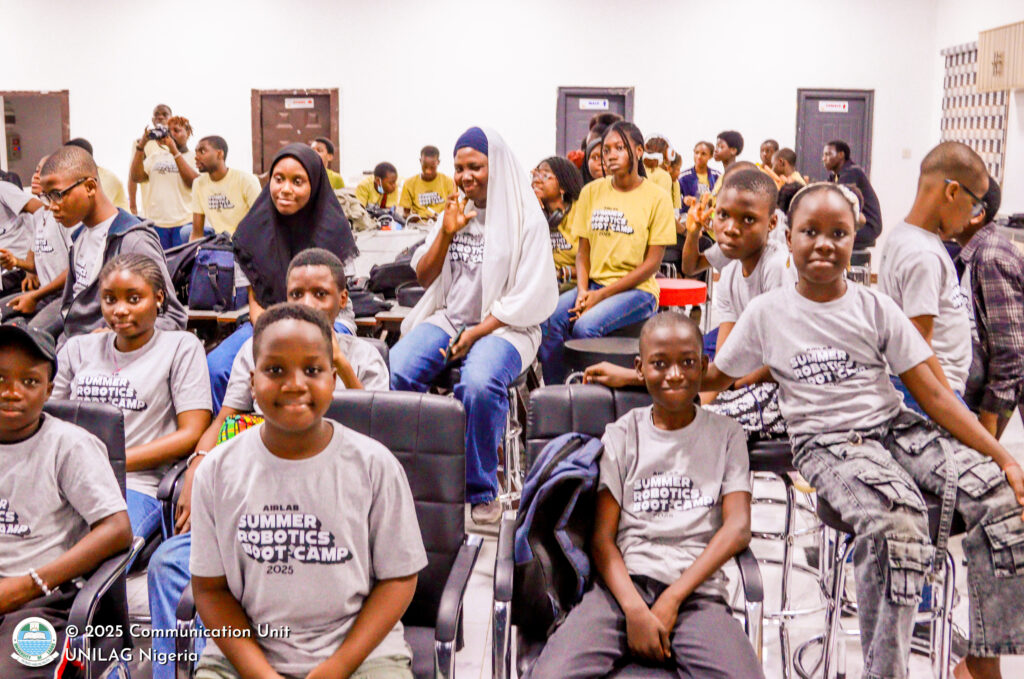
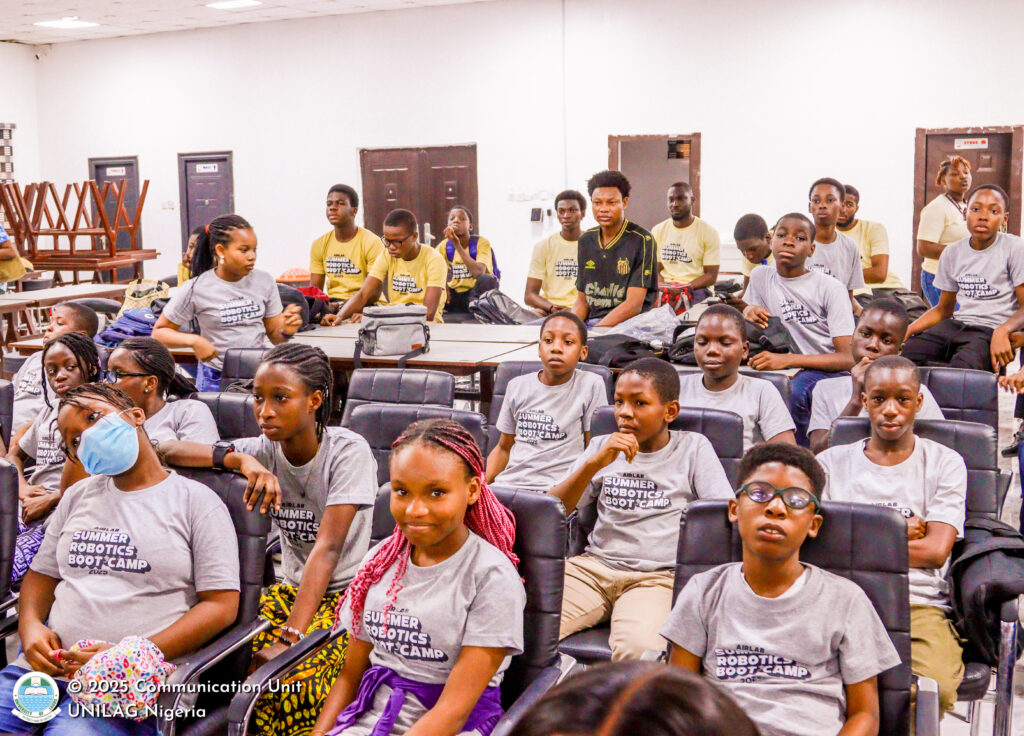
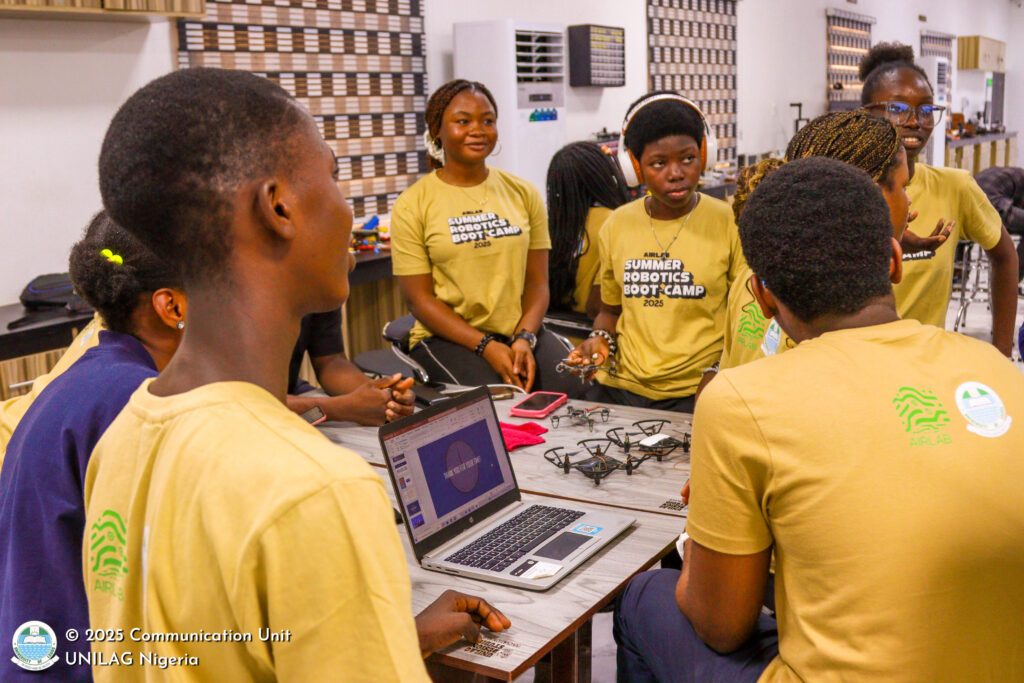
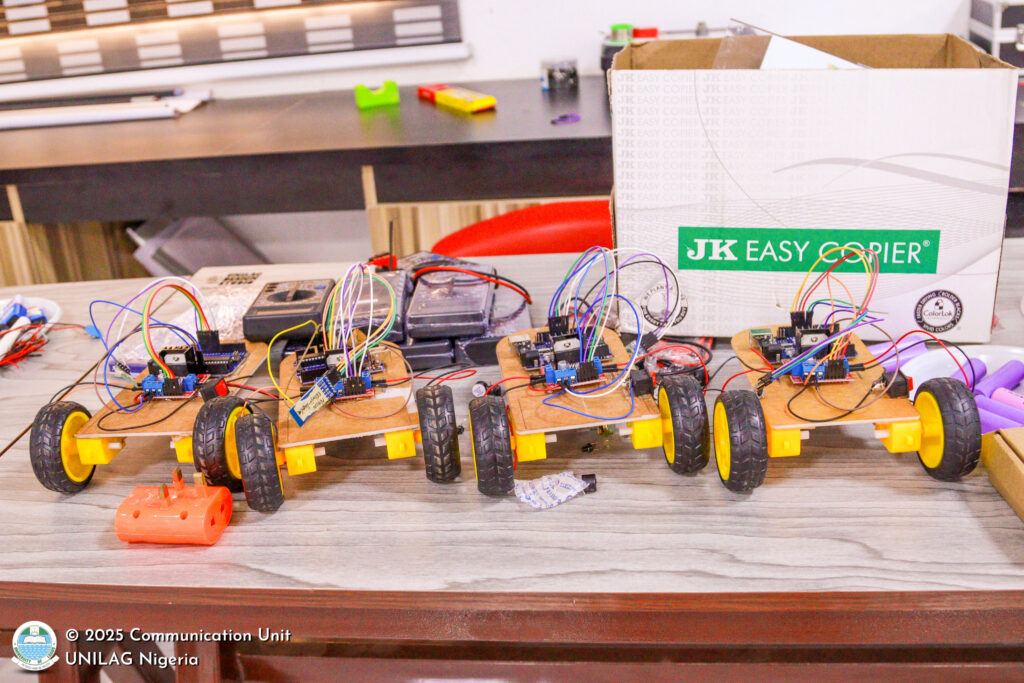
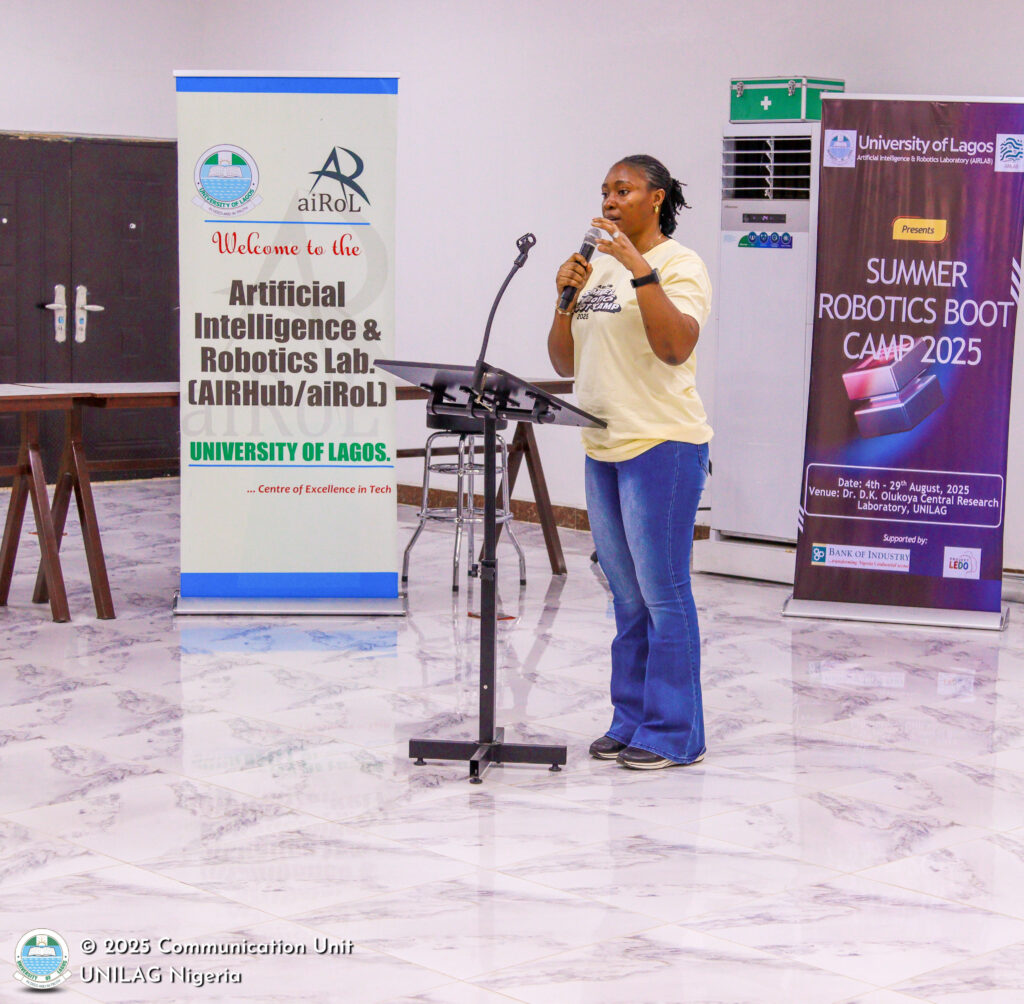
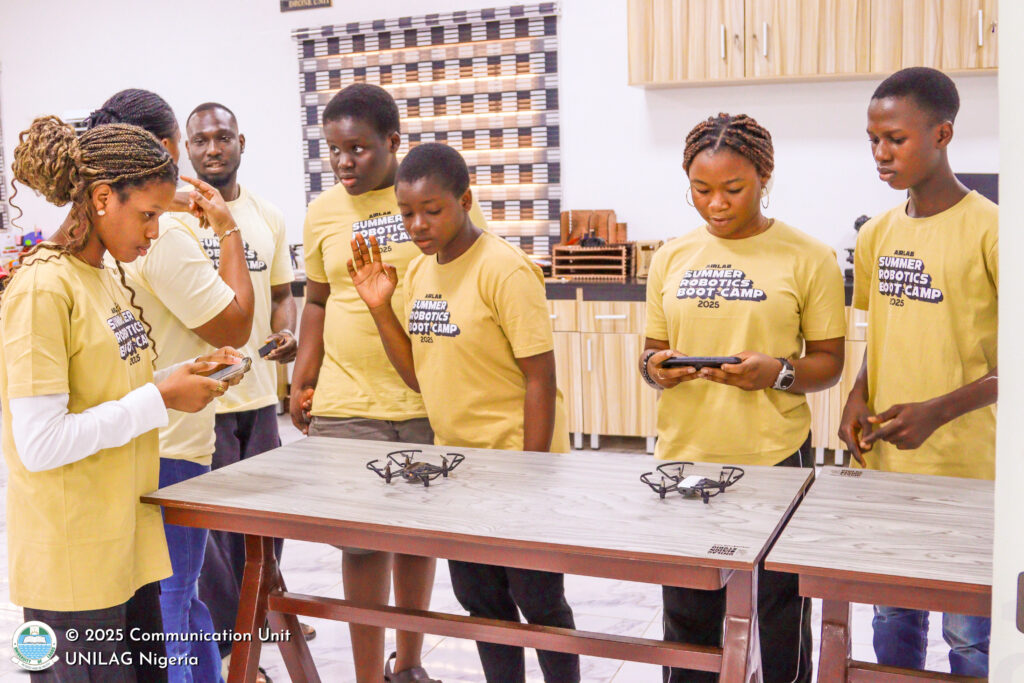
Sponsored by the Bank of Industry (BOI) and Project LEDO, the boot camp continues to serve as a flagship initiative of the University of Lagos, dedicated to empowering the next generation of Nigerian innovators and technology leaders through world-class, hands-on education in AI, robotics, and drone technology.
In her remarks at the closing ceremony, Programme Coordinator of AIRLAB and Acting Head of the Department of Computer Science, Dr. Chika Yinka-Banjo emphasized that the bootcamp plays a crucial role in giving young learners early exposure to technology while helping them make informed and empowered career choices.
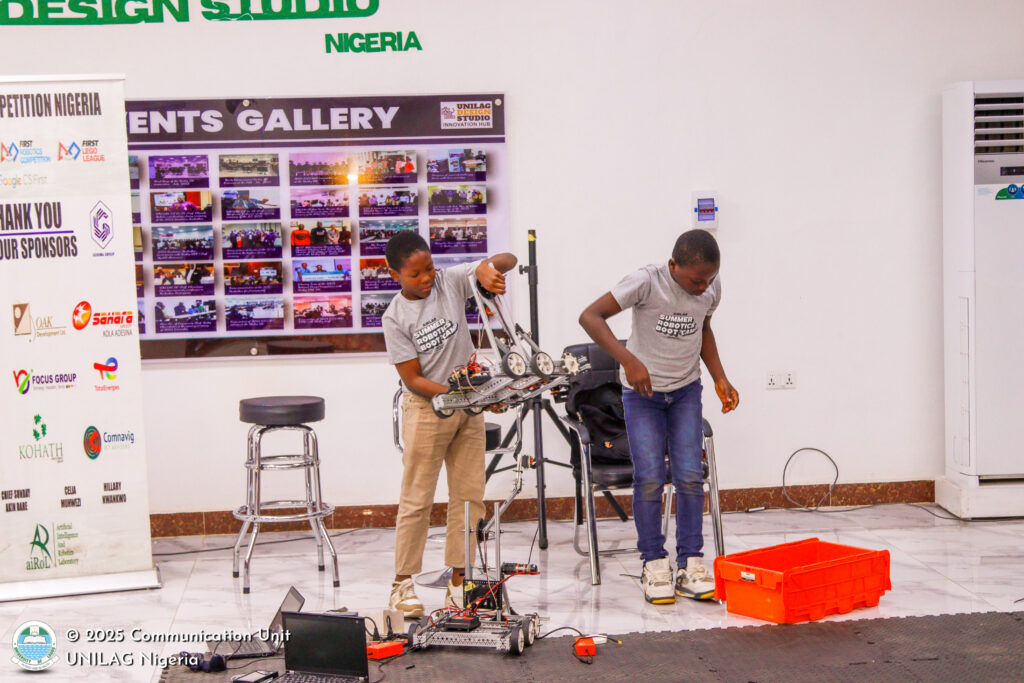
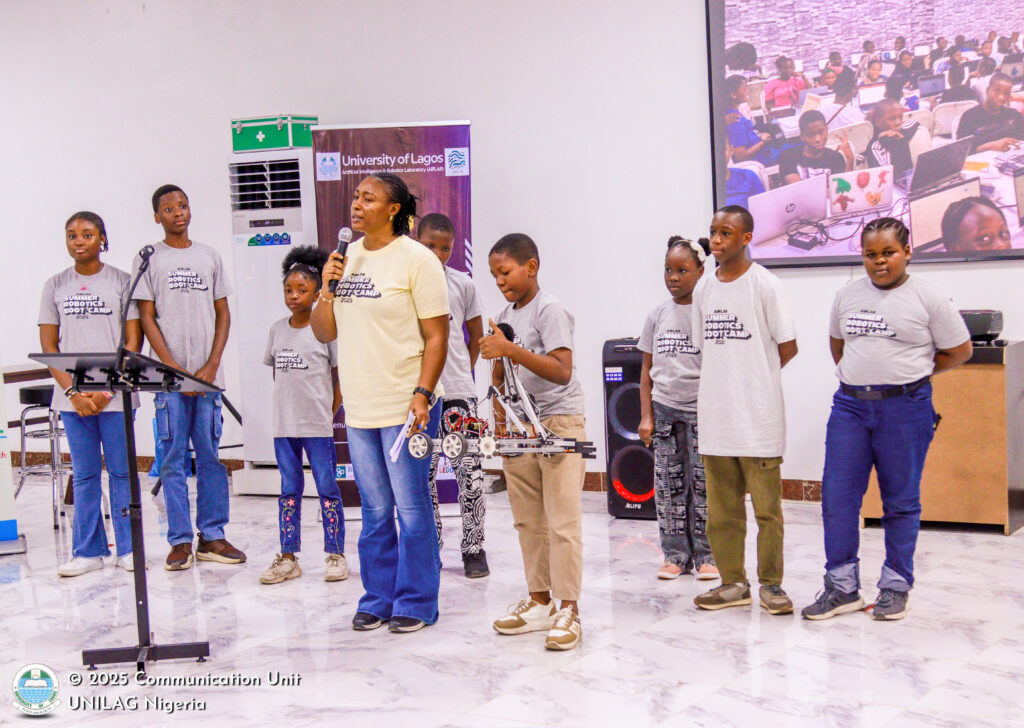
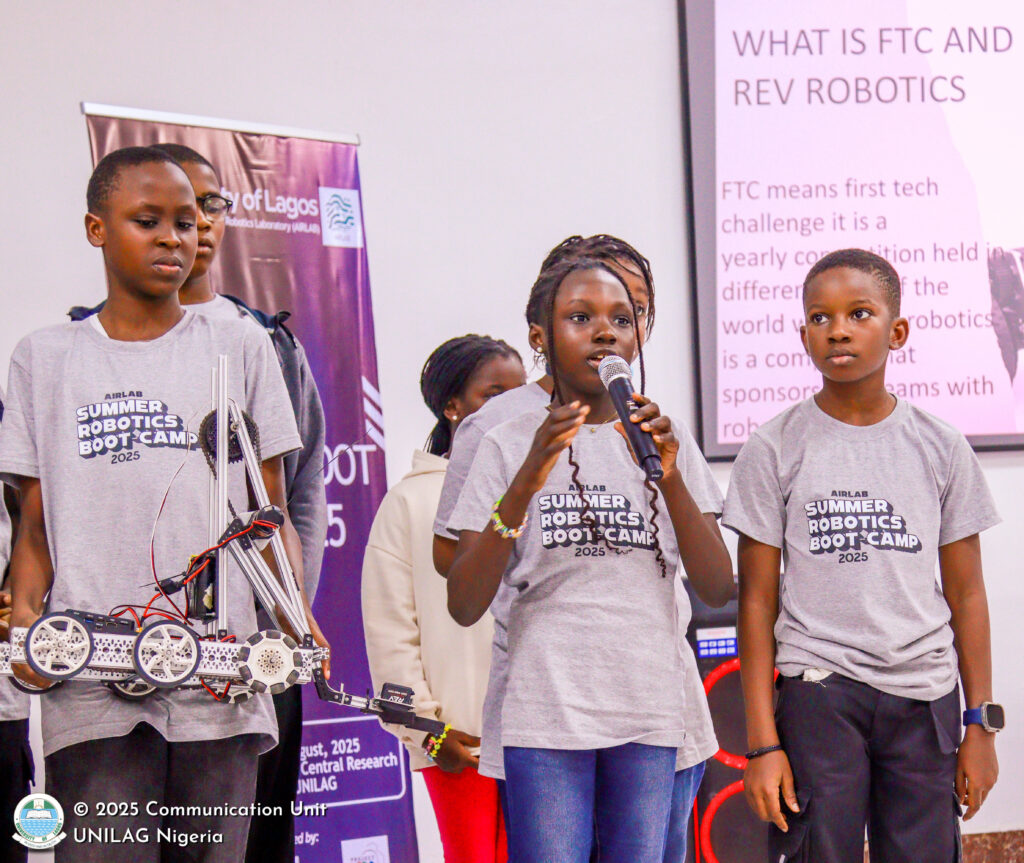
Dr. Yinka-Banjo shared the inspiring journey of the programme, which began in 2018 as a cost-free initiative for underprivileged students and has since grown to welcome a more diverse range of participants. This year’s edition ran from August 4 to August 29, 2025, and marked yet another milestone in the program’s evolution.
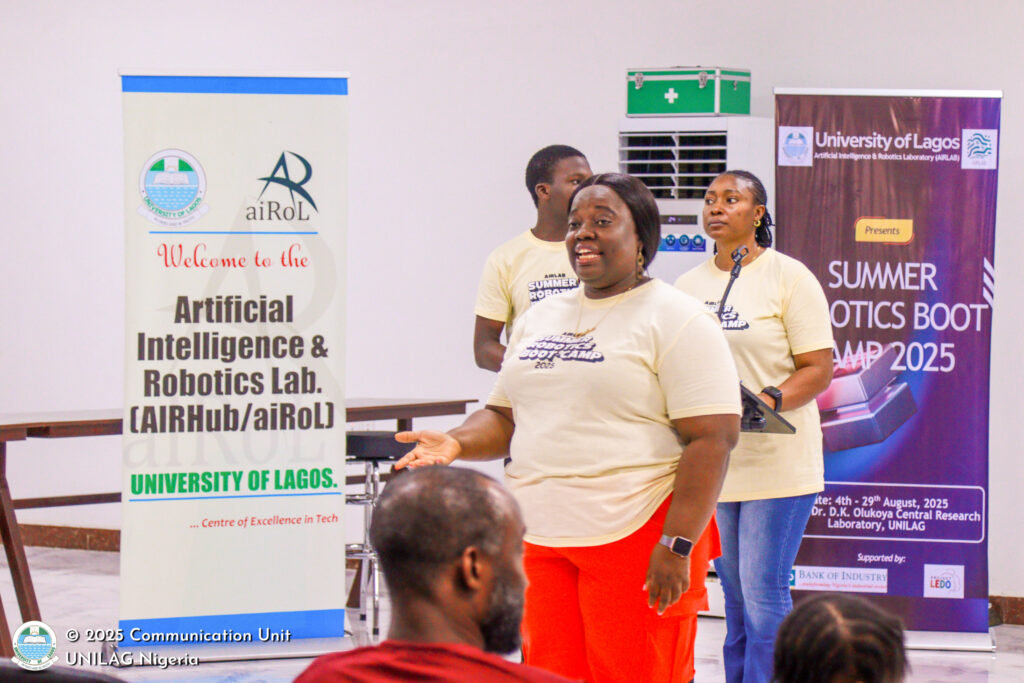
She highlighted how several of the current tutors were once students who began their tech journeys early at the UNILAG AI & Robotics Laboratory and are now tech-savvy mentors, interns, and volunteers teaching at the university level; a testament to the programme’s lasting impact.
Pointing to the increasing access children now have to advanced tools like robots and artificial intelligence, Computer scientists underscored the importance of early hands-on experience, explaining that such exposure not only develops technical skills but also builds confidence and curiosity in learners.
She encouraged more students to take part in future editions of the bootcamp to explore how technologies work and how they can be applied in real-world contexts.
This year’s edition saw 54 learners participate in the Rev Robotics project. The participants were divided into Teams A and B, with each team further split into three specialised subgroups: Design, Building, and Coding.
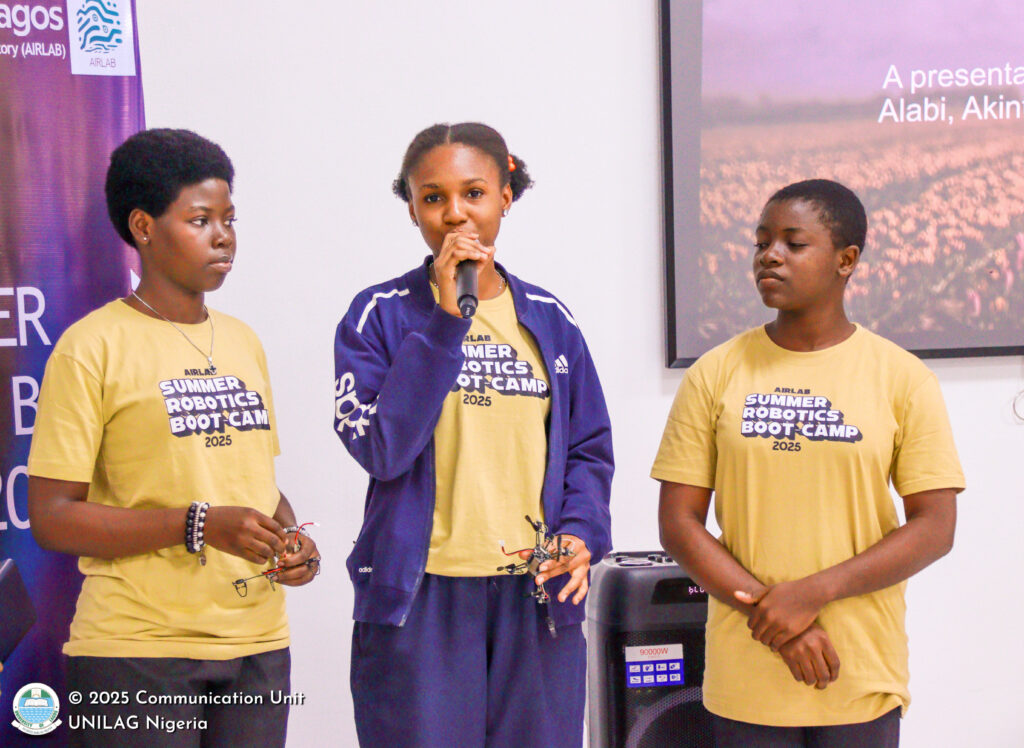
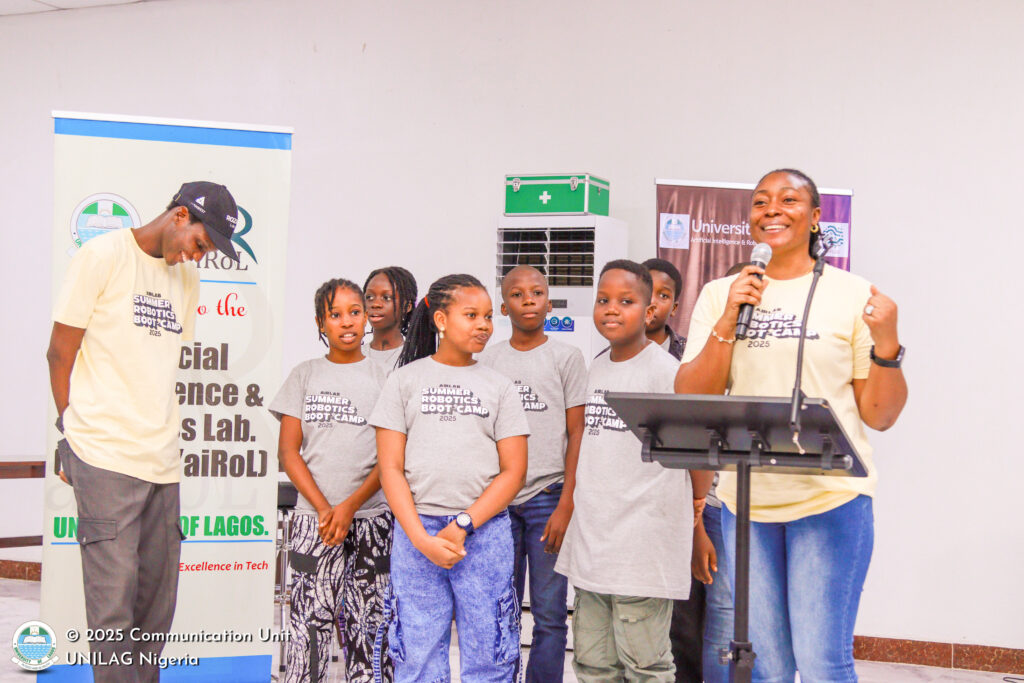
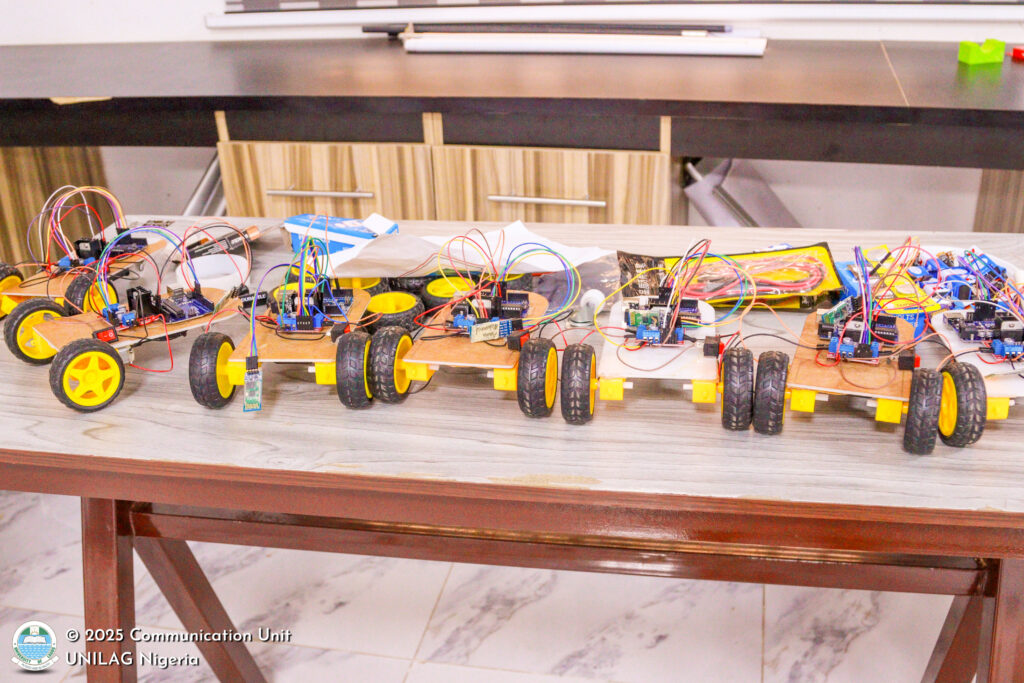
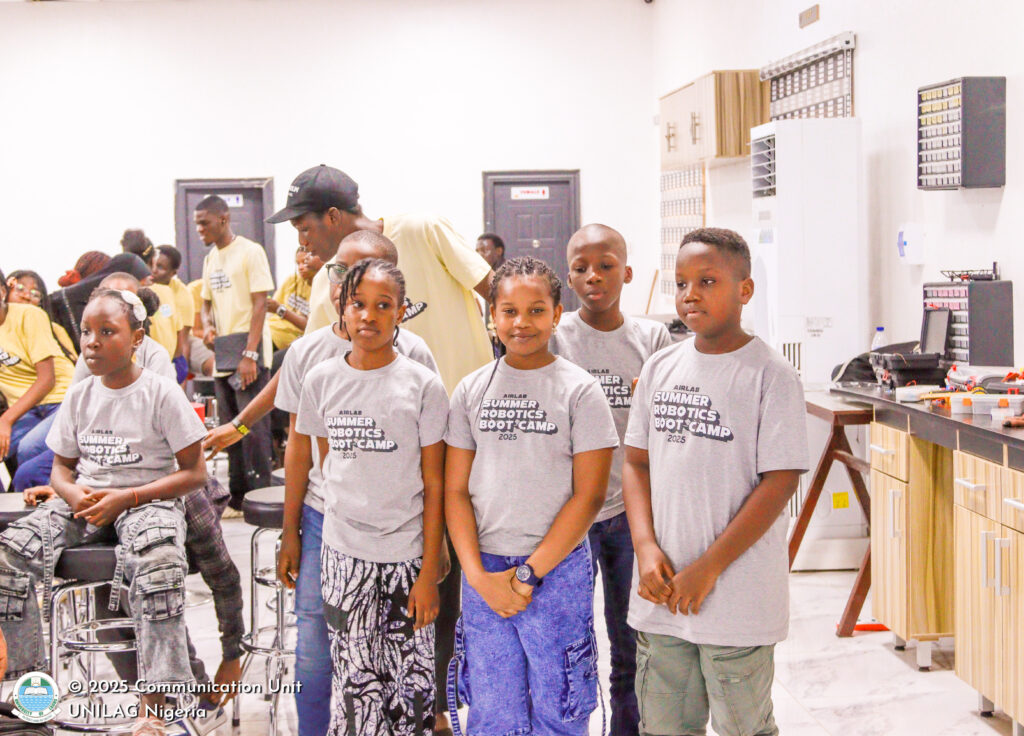
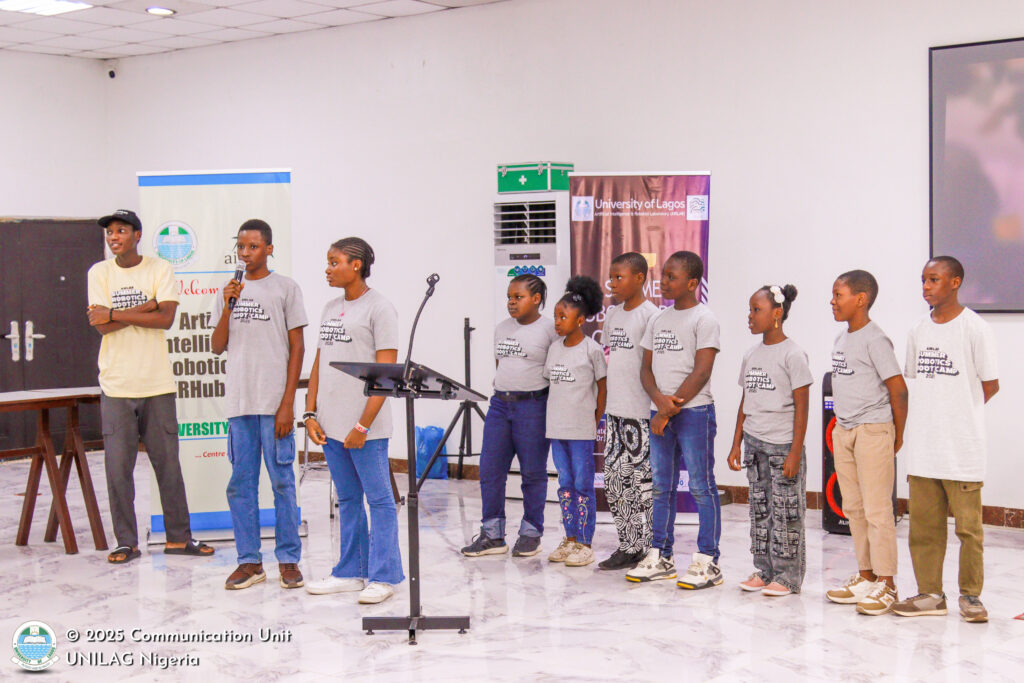
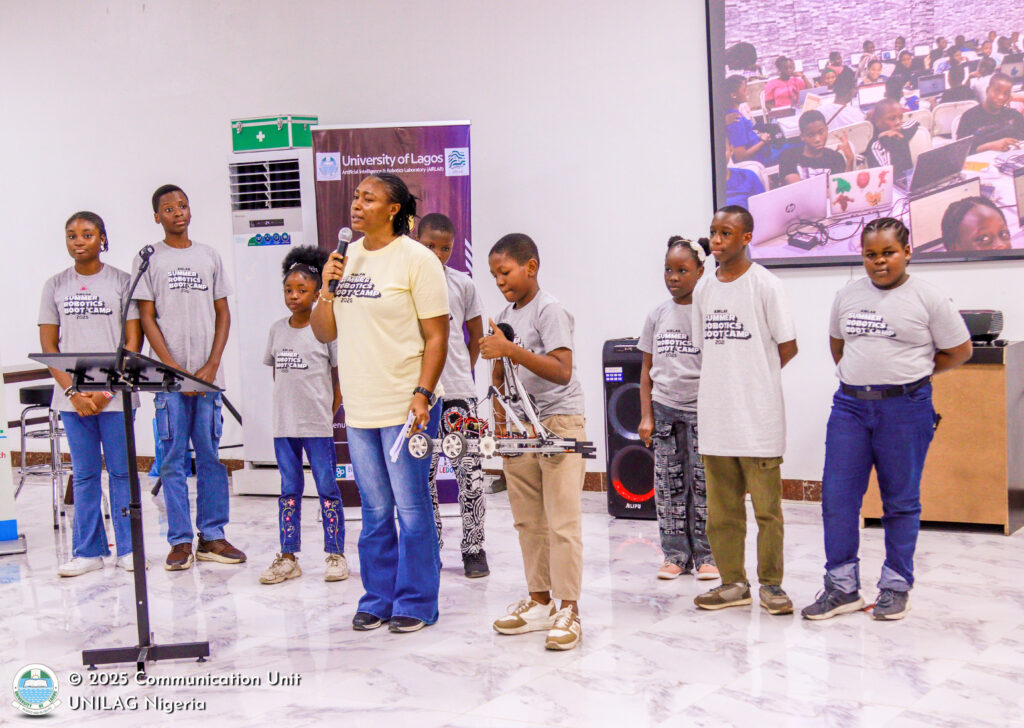
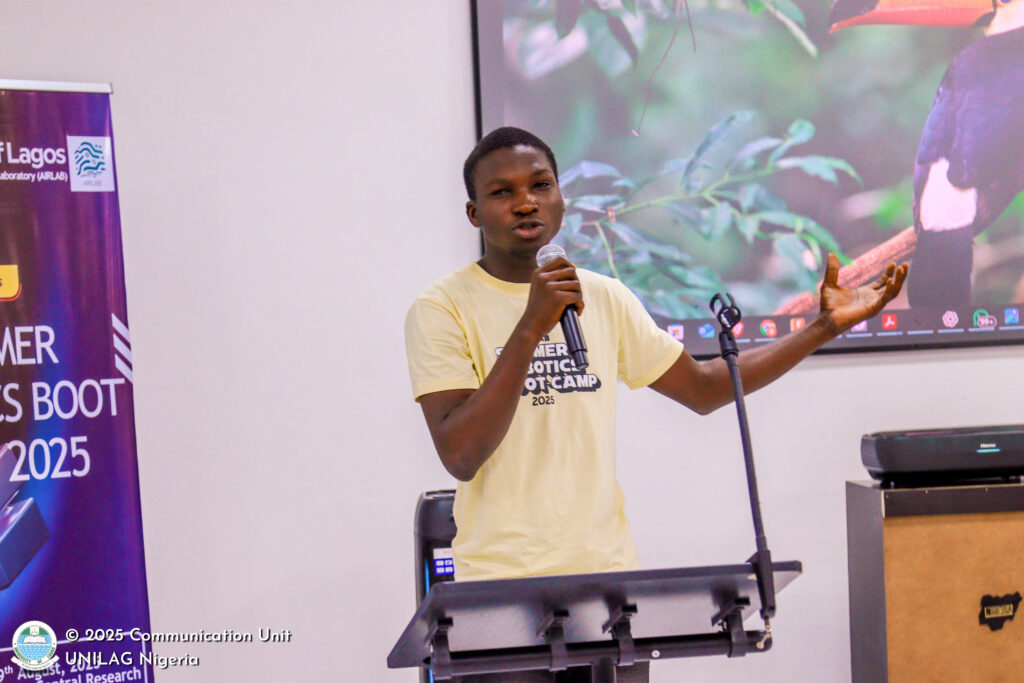
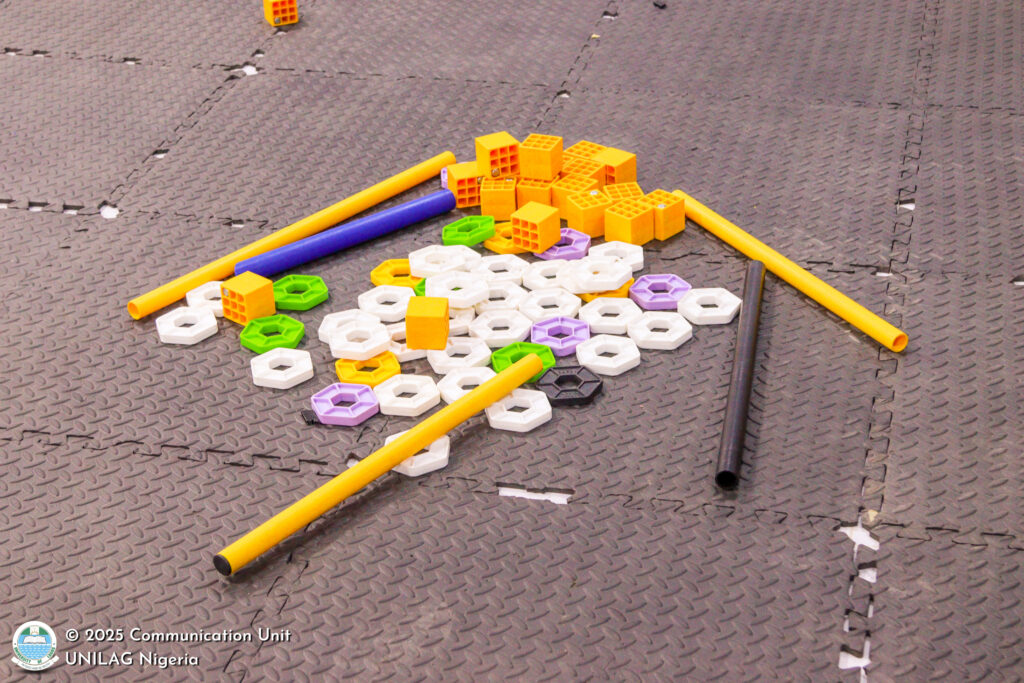
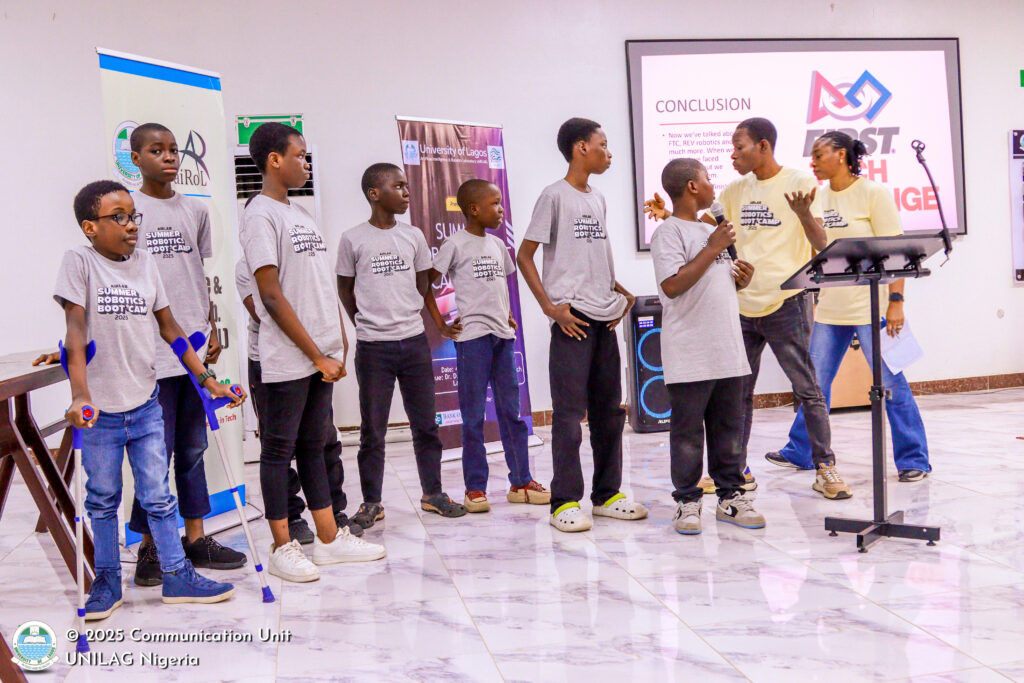
Each subgroup was guided and supported by at least one dedicated tutor, comprising interns, IT students, and passionate volunteers who ensured that every learner had the tools and mentorship needed to thrive.
The Design team was tasked with conceptualizing and designing a robot that could pick up an object, dispose of it in a trash can, and return to its original position. This group was mentored by an intern student and represented by two learners.
The Building team brought the design to life by assembling robotic components to match the specifications.
The Coding team was responsible for writing the codes that would enable the robot’s movement.
| S/N | GROUP A PRESENTER | TUTOR | Group B PRESENTER | TUTOR |
| 1. | Alabi Oluwafikayomi Allison Qamar (Design Team) | Mr. Aluko Emmanuel, Computer Engineering Department, from Ekiti State University (Intern), | Zara Allyson and Teslim Abdulraman (Design Team) | Oluwatobi Anuoluwapo |
| 2. | Mr. Aluko Emmanuel Computer Engineering Department, from Ekiti State University (Intern), | Mr. Aluko Emmanuel, Computer Engineering Department, Ekiti State University (Intern) | Adesuwa Ehigue and Joseph Yinka (Building Team) | Mr Abdullah Moradeyo, Softwear Engineering Department, Lead City University (Intern) |
| 3 | Aderibigbe Emmanuel and Adesakin Eniola (Coding Team) | Mr Oyetunde Ridwan, Mechanical Engineering Department, UNILAG (IT) | Bello Samuel and Elue Ifechukwu (Coding Team) | Mr Oyetunde Ridwan, Mechanical Engineering Department, UNILAG (IT) |
Additionally, 25 learners were trained in Drone Programming, learning to build and activate drone movements under the guidance of Mr. Adekunle Abdulazeez. The class was divided into Groups A and B.
Group A was represented by Chimchetaram Udo-Okafor, Divine Chimere-Obika, and Emmanuella Owhono, while Group B was represented by Tamilore Akintuyi, Ahmad Qosim, Abiola Alabi, and Mercy Afia. A competition was held between the two groups to assess their understanding of the lessons.
The Rev Robotics group built two robots that were programmed to pick up items, drop them in a trash can, and return to their starting positions. Similarly, two drones were built and controlled to navigate through space, competing against each other.
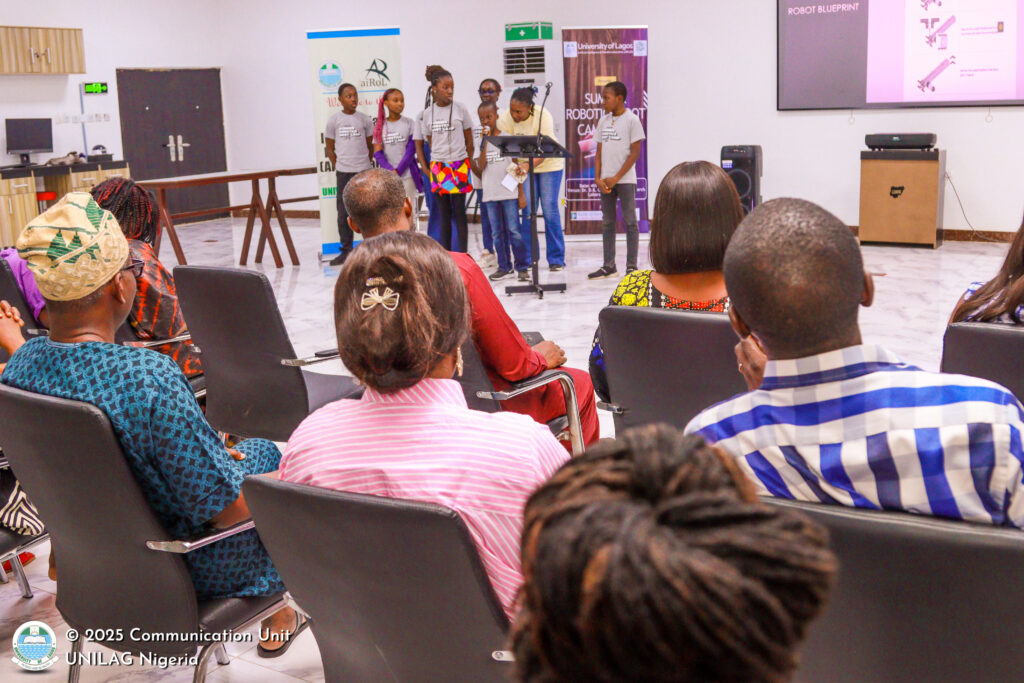
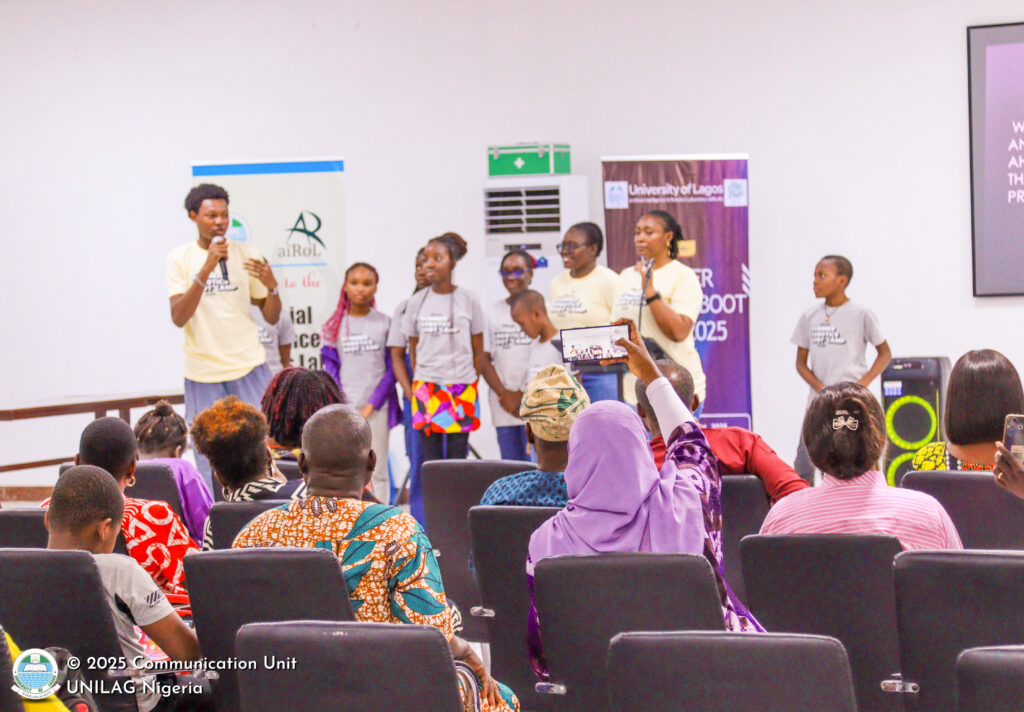
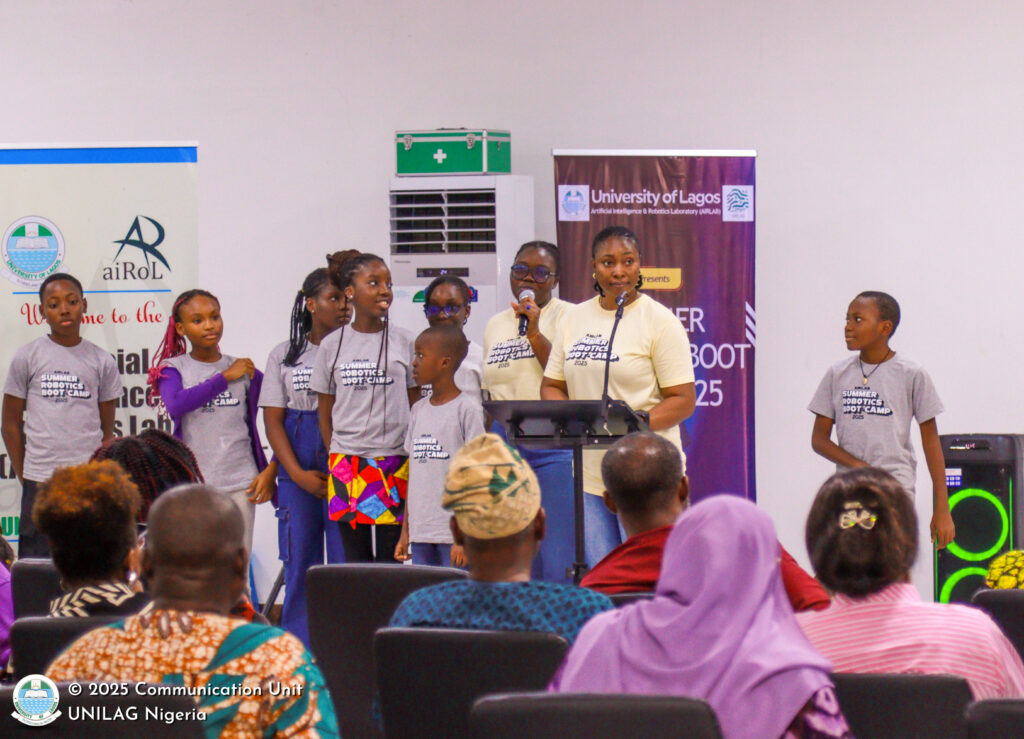
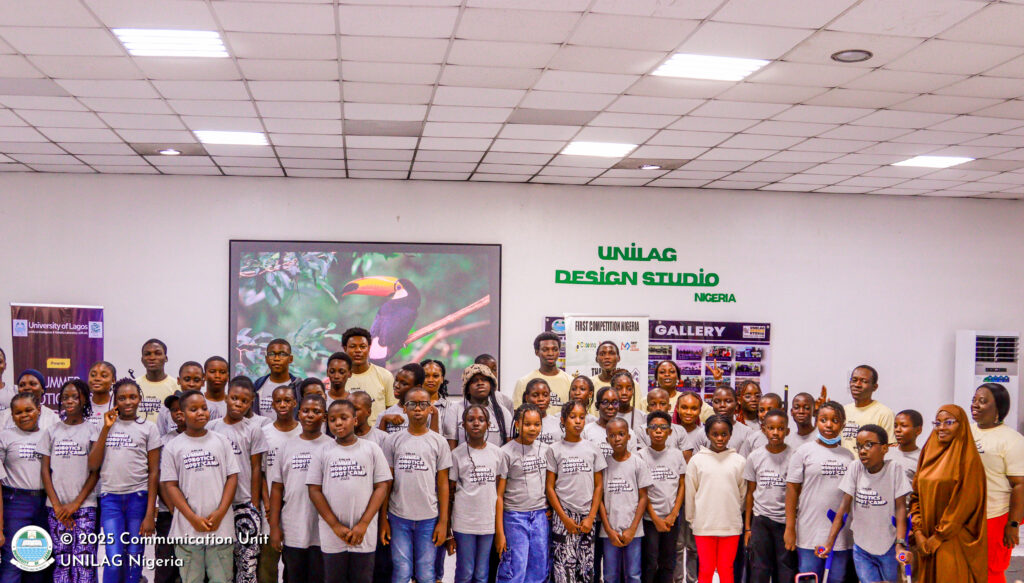
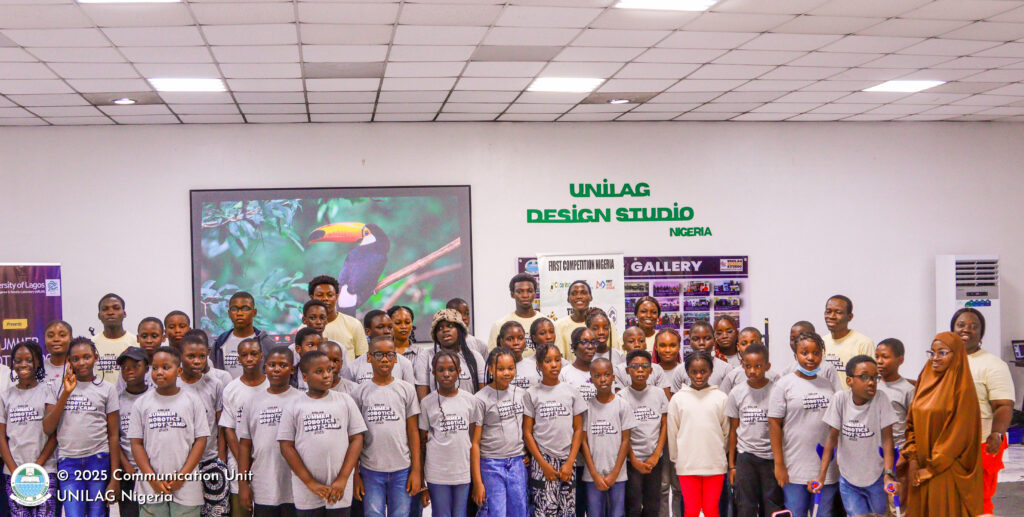
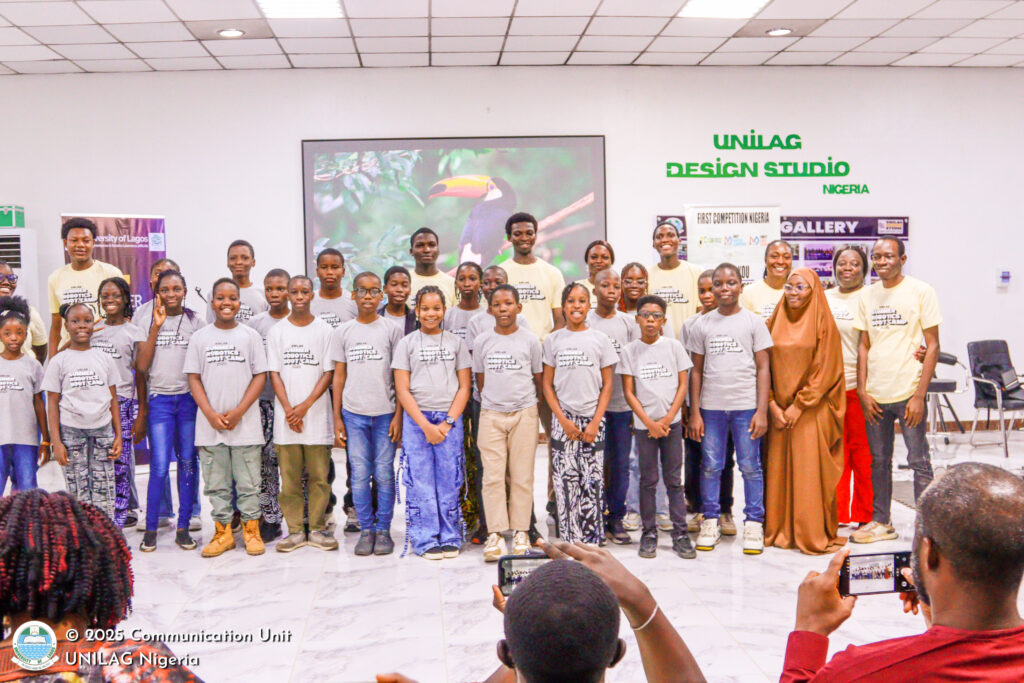
As the curtain falls on this year’s edition, the University of Lagos AIRLAB Summer Bootcamp stands as a powerful testament to the creativity, curiosity, and resilience of young African innovators.
Report: Oluwatoyin Ojo-alo
Edied: Bayo Salau
Photographs: Michael Joshua
